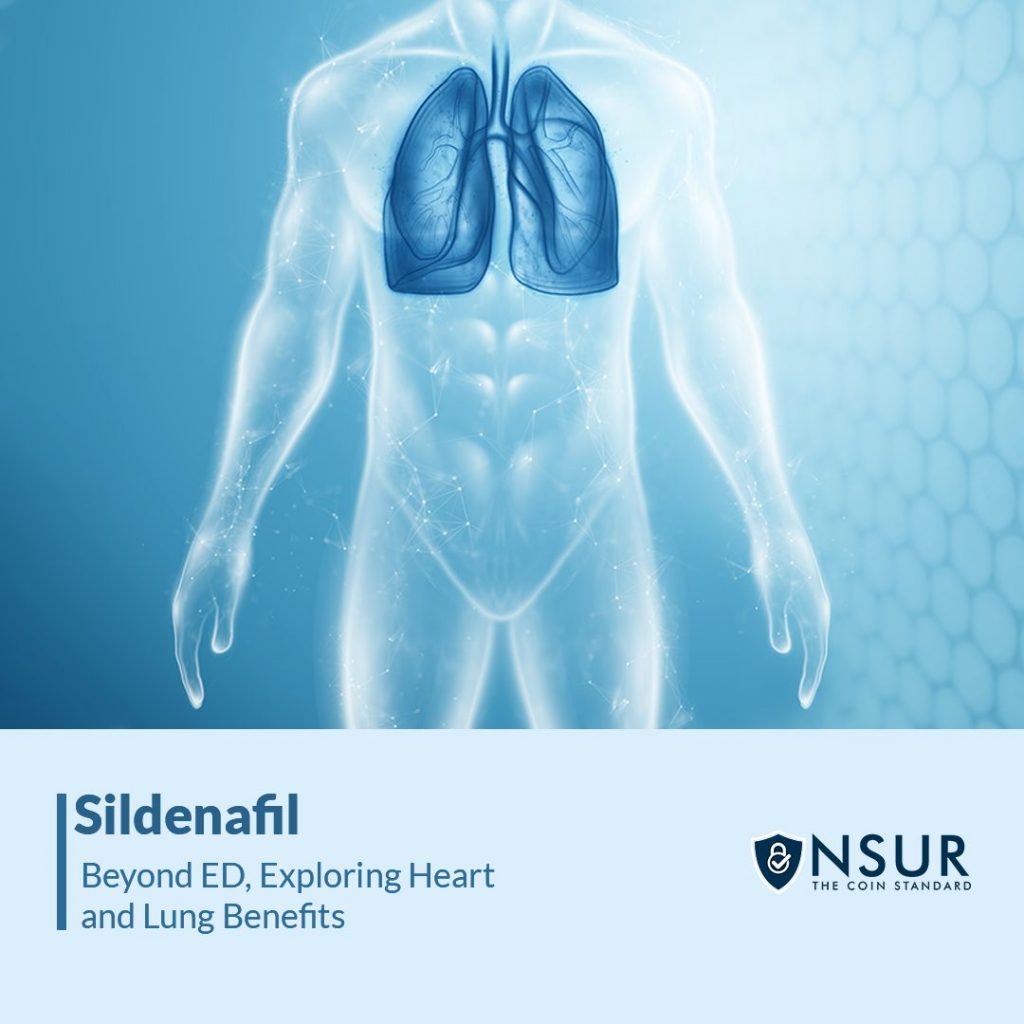
Allergies and asthma are common conditions that many people suffer from globally. These conditions, while distinct, often share overlapping symptoms that can diminish the quality of life for those affected. One of the most prescribed treatments for both allergic reactions and asthma is Fluticasone. This blog will delve into the specifics of Fluticasone, shedding light on how it aids in allergy relief and asthma control.
What is Fluticasone?
Fluticasone is a corticosteroid – a type of medication that reduces inflammation. It is primarily used to treat nasal congestion and other allergic symptoms, as well as to prevent and control the symptoms of asthma.
Fluticasone for Allergy Relief
Allergies typically manifest as a reaction of our body’s immune system to substances we come into contact with, such as pollen, pet dander, and dust mites. Symptoms can range from sneezing, itchy eyes, and nasal congestion to more severe reactions.
Fluticasone propionate, often available as a nasal spray, is a popular treatment for allergic rhinitis2. When applied as directed, it can:
- Reduce Inflammation: As a corticosteroid, Fluticasone decreases the inflammation in the nasal passages, reducing swelling and congestion.
- Alleviate Symptoms: Regular use can help diminish common symptoms like runny nose, sneezing, and itchy or watery eyes.
- Long-term Relief: Unlike some over-the-counter antihistamines, Fluticasone provides prolonged relief when used regularly.
Fluticasone in Asthma Management
Asthma is a chronic respiratory condition wherein the airways in the lungs become inflamed and narrowed. This can lead to difficulty in breathing, coughing, wheezing, and shortness of breath. Fluticasone, especially in the form of an inhaler like Fluticasone propionate, can be instrumental in asthma management.
Here’s how:
- Preventive Care: Fluticasone acts as a preventive medication, reducing the likelihood of asthma attacks when used regularly.
- Reducing Inflammation: It minimizes the inflammation in the bronchial tubes, ensuring that the airways remain open and less reactive to asthma triggers.
- Consistent Control: For individuals with persistent asthma, a consistent dose of Fluticasone ensures that they can lead a regular life with fewer asthma-related interruptions.
Safety and Side Effects
Like any medication, Fluticasone has potential side effects. Some common ones include:
- Nosebleeds or sore throat (when using a nasal spray)
- Headache
- Upset stomach
- In more rare cases, it can lead to fungal infections in the mouth or throat.
It’s essential to use Fluticasone as prescribed and consult your doctor if you observe any unexpected side effects.
Take advantage of NSURx for your prescription drugs!
With the NSURx Prescription Benefit Card, you can save money on your medications at more than 35,000 pharmacies across the United States.
You can save up to 80% on your medication by using an NSURx card. Hundreds of dollars in savings could be yours every time you fill out your prescription.
The more you shop with NSURx, the more NSUR Coins you will receive as a reward.
Conclusion
Both allergies and asthma can be debilitating conditions that impede daily life. However, treatments like Fluticasone offer a beacon of hope, enabling individuals to manage their symptoms better and lead a more comfortable, symptom-free life.
Disclaimer
This blog post is intended for informational purposes only and should not be considered a substitute for professional medical advice. Always consult with a qualified healthcare provider for personalized recommendations and guidance.











